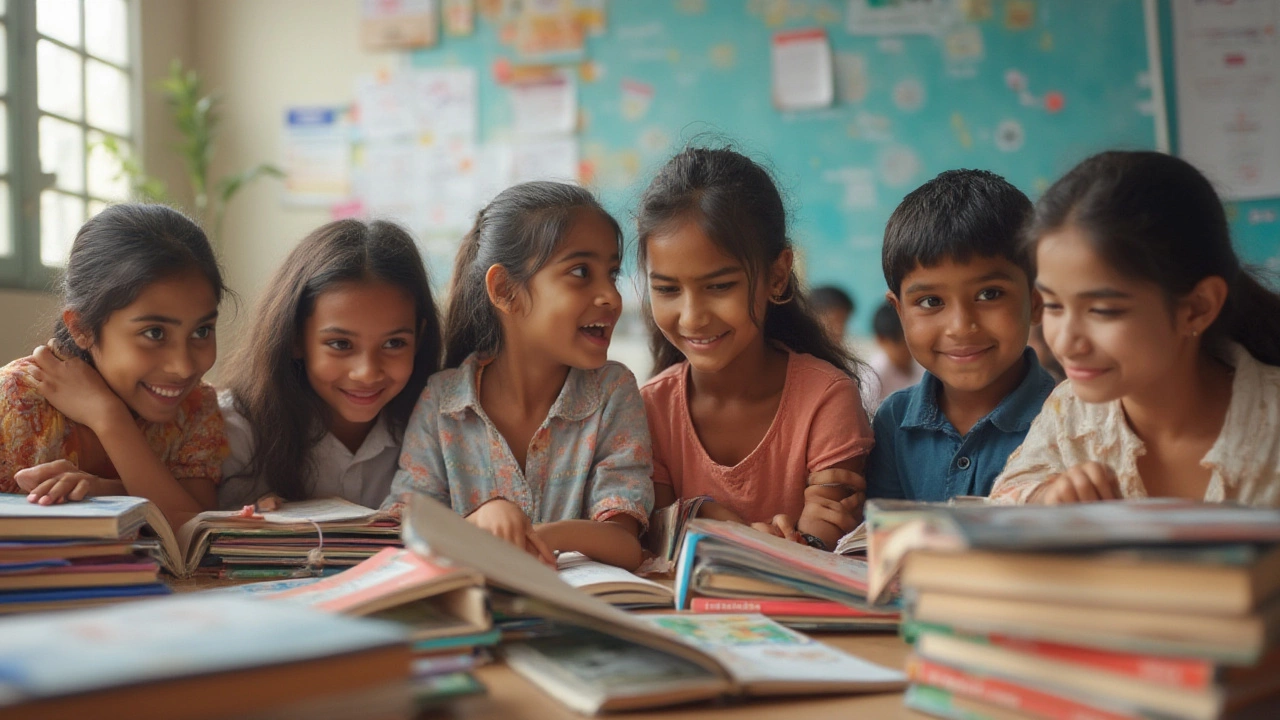IB vs CBSE: Choosing the Right Curriculum for Your Child
When you’re picking a school, the biggest question is often the board. In India the two big players are the International Baccalaureate (IB) and the Central Board of Secondary Education (CBSE). Both promise good results, but they deliver them in very different ways. Let’s break down what matters most so you can decide quickly.
Teaching Approach and Assessment
IB follows a student‑centered model. Classes are built around inquiry, projects, and real‑world problems. You’ll see a lot of group work, research papers, and continuous reflection. Exams exist, but they’re just one piece of the final grade.
CBSE is more teacher‑driven. Lessons focus on clear concepts, textbook exercises, and practice tests. The board’s big exam at the end of class 10 and class 12 carries most of the weight. If your child likes structure and clear marks, CBSE feels familiar.
Assessment style also varies. IB grades on a scale of 1‑7 for each subject and adds an internal assessment score. CBSE uses percentages and marks, which many colleges still translate directly into merit lists. Knowing how your child reacts to ongoing feedback versus a single high‑stakes exam can guide the choice.
College Pathways and Costs
IB is recognized worldwide. If your kid dreams of studying abroad, especially in the US, Canada, or Europe, the IB diploma can smooth the admission process. Universities often grant extra credit for higher‑level IB courses.
CBSE is the default for Indian engineering and medical entrance exams. The syllabus aligns closely with JEE and NEET, so CBSE students usually need less extra tutoring for those tests.
Cost is another factor. IB schools charge higher tuition, often double or triple what a typical CBSE school costs. They also need better infrastructure for labs, libraries, and teacher training. If budget is tight, CBSE offers a solid education without the premium price tag.
Here are some quick tips to help you decide:
- Ask your child how they like to learn – projects and discussions (IB) or lectures and practice papers (CBSE).
- Check the schools near you – are there good IB options, or is CBSE the dominant board?
- Consider future plans – international higher studies (IB) vs Indian competitive exams (CBSE).
- Factor in fees and extra costs like transport, uniforms, and study material.
- Visit classrooms, talk to teachers, and get a feel for the learning environment.
Both boards aim for academic success, but they take different routes. The right fit depends on your child’s personality, your family’s goals, and the resources you can invest. Take a few days to compare a couple of schools, ask real parents about their experience, and you’ll have a clearer picture.
At the end of the day, the board is just a framework. The real difference comes from the effort, curiosity, and support you give your child. Choose the board that matches your child’s style, and watch them thrive regardless of the label on their report card.
Which School Syllabus Is the Hardest in the World? A Deep Dive Into Global Education Challenges
Curious about the toughest school syllabus worldwide? We compare rigorous curriculums like IB, A-Levels, CBSE, and more to see which is most challenging in 2025.
read more